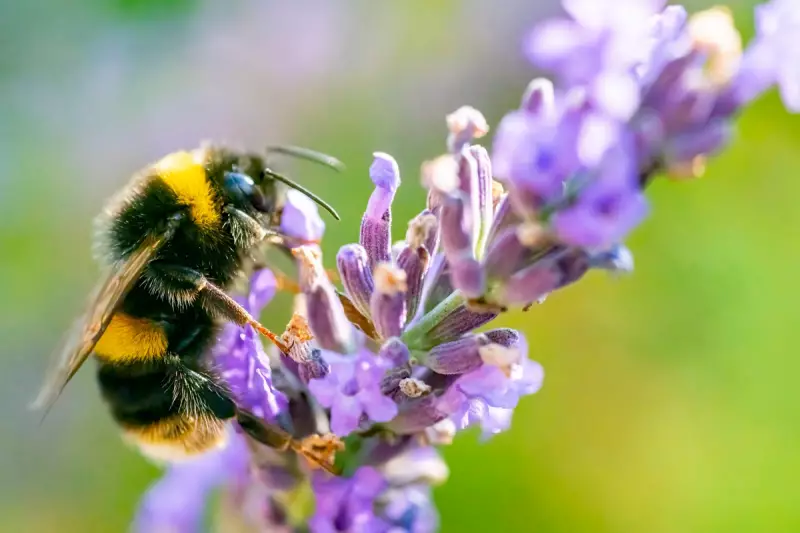
Britain's precious honeybee populations are facing an unprecedented crisis as climate change wreaks havoc on their ability to produce nutrient-rich honey, according to groundbreaking new research.
The study reveals that increasingly unpredictable weather patterns, extreme temperatures, and shifting seasons are creating disastrous conditions for these vital pollinators. Researchers warn that the very future of honey production in the United Kingdom hangs in the balance.
The Climate Threat to Our Pollinators
Rising temperatures and erratic weather events are disrupting the delicate synchronization between honeybees and flowering plants. Bees are emerging from hibernation either too early or too late to collect nectar from blossoms, leading to catastrophic gaps in their food supply.
Dr. Richard Gill from Imperial College London, who led the research, stated: "Our findings show climate change isn't just a future threat—it's already impacting honeybee populations across the UK. The windows of opportunity for these insects to gather resources are narrowing dramatically."
Why British Honey Matters
UK-produced honey isn't just a sweet treat—it's a nutritional powerhouse packed with antioxidants, enzymes, and antibacterial properties. The potential loss of local honey varieties represents more than just culinary disappointment; it signifies the erosion of a valuable superfood and traditional remedy.
The research highlights several critical concerns:
- Reduced honey production quantities across all UK regions
- Decreased nutritional quality of honey produced under stress conditions
- Potential collapse of local bee populations unable to adapt to rapid changes
- Threats to crop pollination and overall food security
A Broader Environmental Crisis
The honeybee crisis serves as a stark indicator of wider environmental challenges. As essential pollinators, honeybees contribute to the reproduction of numerous wild plants and agricultural crops. Their decline signals deeper ecological imbalances that could affect entire ecosystems and food production systems.
Professor Gill emphasizes the urgency: "We're witnessing a domino effect. The factors stressing honeybees—climate change, habitat loss, pesticide use—are interconnected threats requiring immediate, coordinated action."
Hope for the Future
Despite the alarming findings, researchers suggest there's still time to implement protective measures. Creating bee-friendly habitats, reducing pesticide use, and developing climate-resilient agricultural practices could help mitigate some impacts.
The study calls for greater public awareness and government action to protect these invaluable insects before their decline becomes irreversible. As climate patterns continue to shift, the fate of Britain's honeybees—and the superfood they produce—remains uncertain but not yet hopeless.





